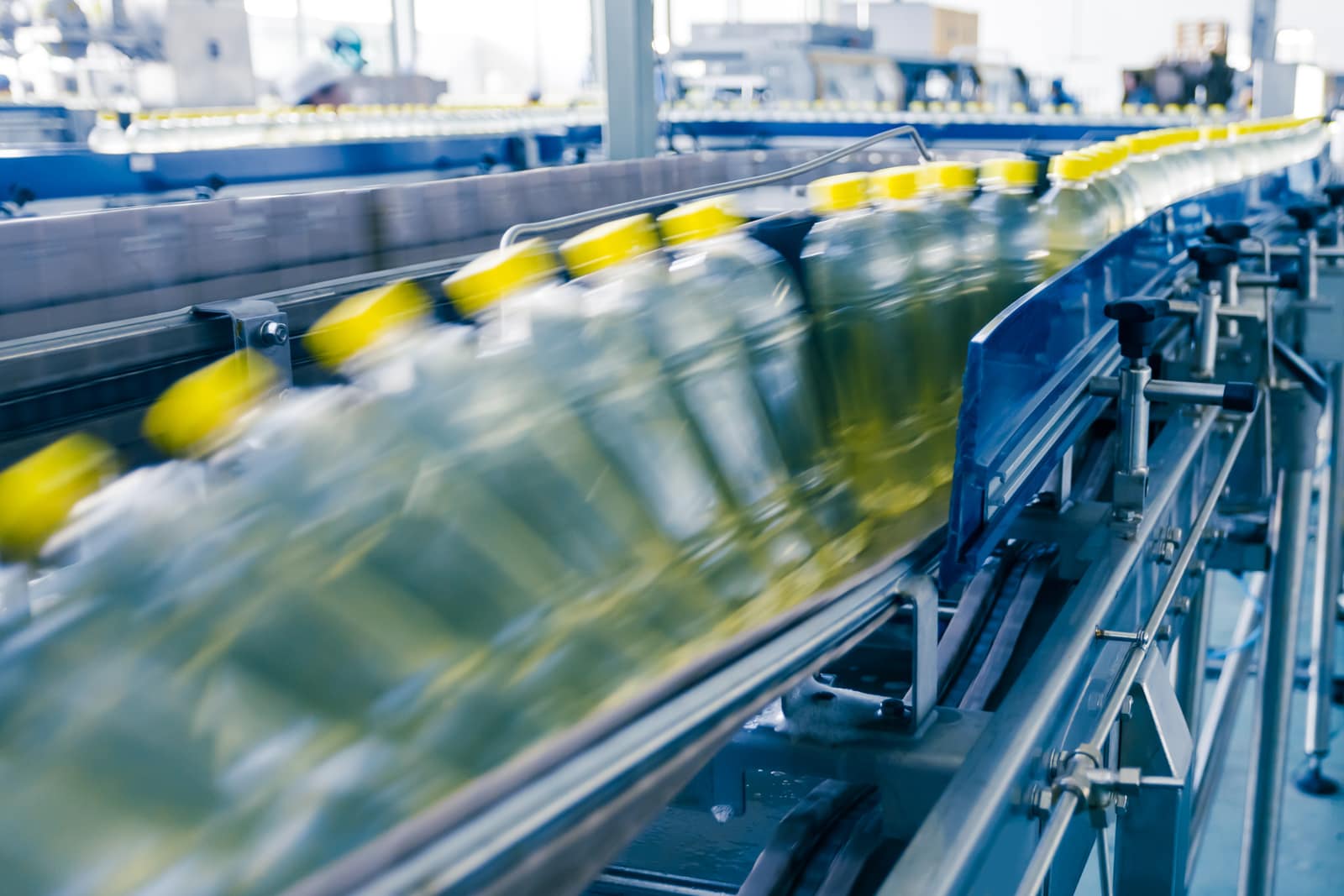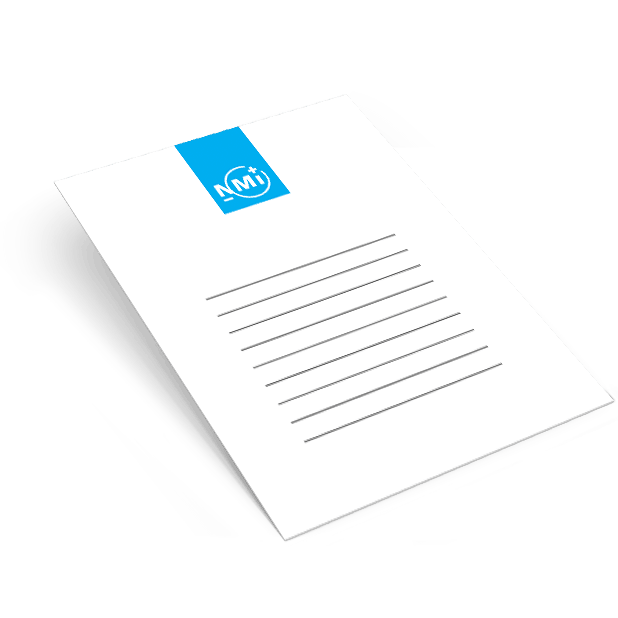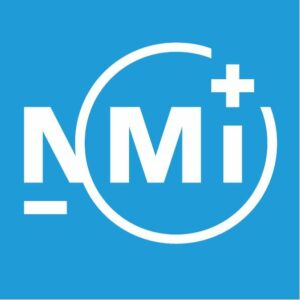
14 Mar Little Tweaks, Big Impact: Filling Process Still Custom Work
Little tweaks, big impact: filling process still custom work
14 March 2022
Delft, Netherlands – 14 March 2022.
Packaging is constantly changing. The slightest tweaks in the weight or size of a packaging material can have a big impact, and anyone who neglects to adjust the setting values on filling machines properly may end up dealing with systematic over- or underfilling. The Dutch Measurement Institute (NMi), the trusted name in evaluation and testing, has been an expert in the field of pre-packaging legislation, i.e. the estimated sign, for 40 years already and is happy to collaborate on safeguarding the reliability of filling processes.
Everyone’s aware that if you measure, you know; if you guess, you don’t. The Dutch Commodities Act requires packaging companies to indicate on pre-packaged consumer products that are sold per (kilo)gramme or (milli)litre how much product the packaging contains. The Commodities Act should protect consumers; they should be able to assume that the quantity stated on the packaging is also the amount that the packaging actually contains. However, the act should also protect packaging companies; they should be able to trust that their competitors fill their packaging with the same amount on average that they do.
The guidelines of the Commodities Act also provide a solid foundation in a world where new and sustainable packaging is continuously being developed. That being said, the rules on the amount of product that packaging should contains remain constant. While the aesthetics of packaging are important, the sustainability of packaging has become just as important, and packaging companies are continuously innovating to be able to meet the latest sustainability requirements.
Interpreting the legislation on this in the right way is not always easy for everyone. However, for NMi specialists this is a routine task. What’s more, NMi sits on various national committees which means we are up to date on future developments. This is not unimportant as many new ways of packaging are being introduced.
For instance, there is a lot of innovation happening in terms of plastic: the fact that less and less plastic is being used means packaging is becoming lighter. And as packaging gets lighter, the setting values must be adjusted – otherwise there is a risk of overfilling.
Pre-molds are also being used more and more: to save on space and fuel costs, packaging, such as bottles, is being transported in small pellets. Once in the factory, these pellets are inflated into bottles and then filled. That inflation creates variations in the bottles which, in turn, impacts the amount of liquid they can contain. As such, the amount of liquid can vary per bottle.
Nobody wants to systematically over- or underfill – the latter is even prohibited. What everyone does want, however, is that the packaging contains the right amount of product, that it meets all regulations and legislation, and that the (new) working methods are recognised. A packaging company that has changed its working methods to such an extent that the description of its estimated sign is no longer sufficient should have its certification adjusted.
The experts at NMi can help with this. After all, NMi is the organisation in the Netherlands that looks at the filling procedures of packaging companies and issues a recommendation on whether to award certification. We are also happy to collaborate on how the new filling procedure can be implemented in the best and more reliable manner.
NMi can advise during all the various stages, and so help prevent any expensive and time-consuming adjustments at a later stage. ‘Can’t’ or ‘not allowed to’ are not words that NMi experts will readily use because they are up to date on legislation and future developments, can offer the right solutions and recognise the new packaging procedures, and so deliver custom work.
Contact us to learn more
—
About NMi:
Founded in 1937, NMi is the leading independent specialist for legal metrology testing and inspection services in Europe and a trusted brand worldwide. NMi specializes in type approval & certification, verification & calibration, and training services, providing a wide range of advice on complex regulations and accreditations. In addition, NMi enables its customers to continuously improve and safeguard their data and operational technologies. Based in Delft, the Netherlands, NMi operates in more than 200 countries and serves more than 5,000 customers worldwide. NMi employs about 150 people worldwide.




